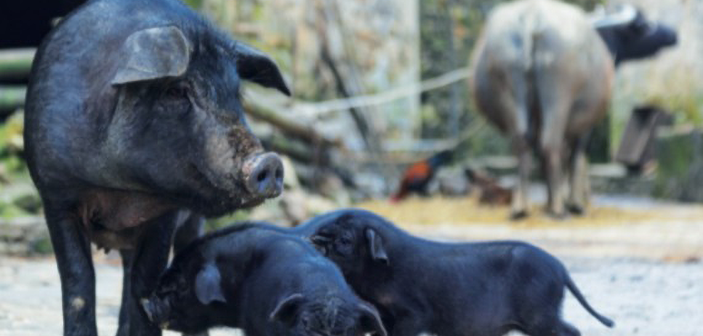Covid-19 and African Swine Fever (ASF) will continue to pose as the biggest disrupters in the global supply chain in 2022, affecting both production and demand, the latest pork report from Rabobank has found.
The report said that the impact of Covid-19 on slowing the global economy will have more visible consequences in 2022, with price inflation of consumer goods putting extra pressure on consumers.
Diseases, particularly ASF, are another major uncertainty for pork production, with the impact varying by region. “In Europe, ASF has spread to new countries in recent months, challenging 2022 European production. In Asia, ASF continues to spread in China, but the impact is much lower than in 2020,” said Chenjun Pan, senior analyst of animal protein at Rabobank.
Rising input costs including shopping rates, energy prices, and feed grain prices, alongside labour costs, will challenge supply chains, as the slowing economy will see producers and processors finding it difficult to pass on all additional costs to consumers, so margins will be under pressure.
The report highlighted input costs, particularly feed and transportation costs, will stay inflated in 2022. In addition, dry weather in Brazil, flooding in China, low inventory around the globe, and the uncertain impact of the Tonga volcanic eruption could all impact a further rise in supply costs, imposing extra downward pressure on margins and profitability.
Also, labour issues remain a challenge in North America and some European countries. Around the globe, products requiring less labour will grow faster compared with labour-intensive products.
Finally, the report predicted that global pork imports and exports will likely decline from 2021 levels, driven largely by reductions in China’s import demand as local production recovers, meaning major exporters will need to find a new balance between supply and demand.
“Despite ASF’s spread, we expect production in some Asian countries to continue recovering. In China, Vietnam, and the Philippines, the declining demand for imports is a result of better domestic production,” Ms Pan added. “While global import demand will likely decline in 2022, we expect pork prices to stay resilient given high production costs.”




